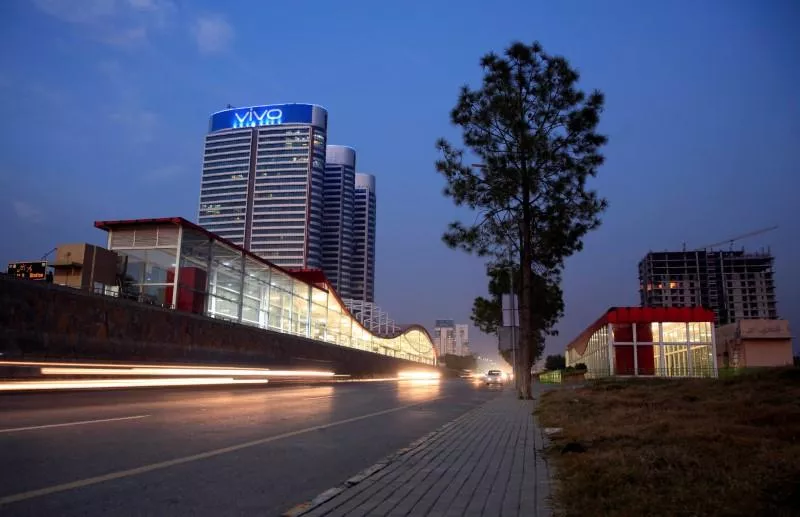Spread of COVID-19 and Pakistan's economy
To stave off shortage of commodities, govt should clamp down on profiteers
LAHORE: The world is in the grip of COVID-19 pandemic. This virus has wreaked havoc across the globe.Many countries have shut down their cities, borders and operations. Movement across countries and even continents is being restricted to protect humanity from the adverse effects of the coronavirus.
Pakistan is not an exception and around 700 cases of infections have been reported in the country.
Keeping in view the spread of the virus, precautionary steps are being taken in the country. In the beginning, educational institutions were closed in Sindh and now other provinces are following suit.
Apart from these, restrictions have been imposed on social gatherings such as marriage ceremonies, PSL matches and seasonal festivals. All these steps of social distancing will have an impact on the economy.
The spread of COVID-19 and the meltdown of global crude oil prices took place simultaneously and these two events have been linked. Since the outbreak of the virus, millions of people have cancelled their tours and trips, which will have a huge impact on the global airline industry.
Along with that, the hospitality and transportation industry will be impacted a great deal.
Crude oil prices have plunged below $30 per barrel in the international market due to ongoing price war between Saudi Arabia and Russia. As a first reaction, stock markets in the Middle Eastern region also plummeted. However, the outbreak of the virus will temporarily stall the recovery of prices.
Any negative news will further dent the confidence of investors and rattle the international equity and commodities markets.
Similarly, Pakistan’s stock market caught the cold and dropped around 10% as it had been reported that around $610 million had flown out of the country in the last two weeks.
Low international crude oil prices are quite baneful for Pakistan as its economy is oil-dependent. Although the ongoing economic slowdown has reduced the oil import bill to some extent, the precipitous decline in international crude oil prices will further scale down oil imports.
However, it will be difficult for the government to fully pass the impact on to the masses as petroleum products have inelastic demand. If the government reduces the petroleum prices, it will lose a large chunk of tax revenue.
The tax-starved government either increases sales tax on petroleum products or increases the petroleum development levy to make up for the fall in petroleum prices.
In a recession, it becomes difficult for the government to collect sizable taxes since business firms either operate below capacity or close down operations. Since the government is under the Extended Fund Facility (EFF) of the International Monetary Fund (IMF), it has adopted strict fiscal discipline. It intends to reduce the budget deficit to 7.5% of gross domestic product (GDP) in the first year of the programme.
Hence, the government will reduce the petroleum product prices only to some extent in coming days to avoid the loss of revenue.
The government has also restricted movements across borders, which will reduce the movement of goods in and out of the country. This restriction may create shortage of certain commodities since profiteers may emerge to get the maximum benefit out of the emerging situation. In a nutshell, restrictions on social gatherings, religious congregations and seasonal festivals will remain there for a short period of time.
Under these circumstances, the government should respond to the emerging situation and clamp down hard on profiteers. The emerging situation calls for astute planning and execution on the part of the government.
The writer is the Assistant Professor of Economics at SDSB, Lahore University of Management Sciences (LUMS)
Published in The Express Tribune, March 23rd, 2020.
Like Business on Facebook, follow @TribuneBiz on Twitter to stay informed and join in the conversation.


COMMENTS
Comments are moderated and generally will be posted if they are on-topic and not abusive.
For more information, please see our Comments FAQ